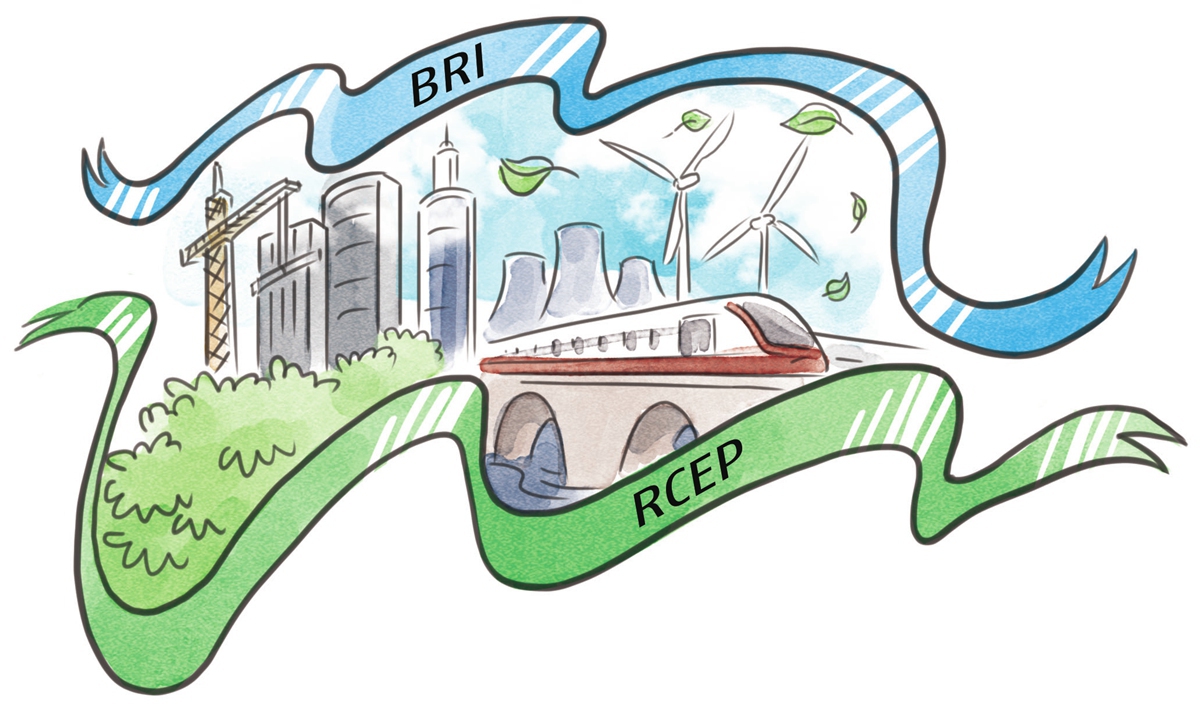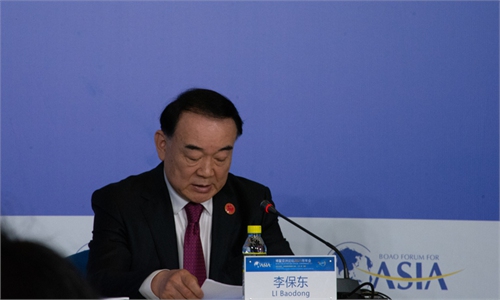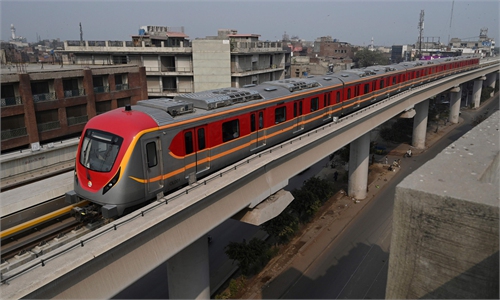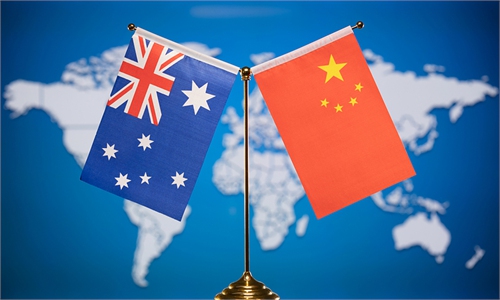
Illustration: Liu Rui/GT
While a potential Belt and Road project may face risk of suspension in the Pacific island nation of Samoa, a minor setback like this will not affect the long-term trend toward mutually beneficial cooperation in other countries which are participating in the Belt and Road Initiative.Samoa's impending new Prime Minister Fiame Naomi Mataafa has pledged to shelve a $100 million port development project, calling it excessive for the island country, Reuters reported on Thursday.
Maybe because China already accounts for about 40 percent, or some $160 million, of Samoa's total external debt, the proposed construction of the port project in Vaiusu Bay has faced the challenge. While it is justified for a government to be wary of its level of indebtedness, sometimes it could be misguided for policymakers to give up opportunities for growth.
The Belt and Road Initiative (BRI) is the first grand economic cooperation and development initiative proposed by a developing country, which is aimed at improving infrastructure in countries along the BRI route and benefiting the local people.
Although there have been skepticism surrounding the program in some countries, substantial cooperation results speak louder than suspicious voices as the BRI has brought new opportunities and possibilities to an array of countries to upgrade their infrastructure, while help create new jobs and improve local residents' livelihood.
Of course, setbacks are inevitable. For starters, there is no denying that the BRI infrastructure projects often require a large volume of investment, putting extra pressure on some developing countries. But that should not mask the benefits to be brought by upgraded infrastructure to the economy and the social development.
Many studies have already showed that the more a country spends on infrastructure, the faster its economy will grow. Whether it is necessary for a country to take on a higher debt level should be well considered, based on whether the debt will be helpful in creating more economic value in the future, not just the level of the current indebtedness.
For a time, some Western media outlets are overly obsessed with attacking BRI projects by playing up the so-called "debt trap" theory, which has led some countries to refrain from spending to improve their infrastructure and grow their economies.
In reality, there are quite complicated historic causes for the debt levels in some developing countries, and it is not reasonable to place the blame on China for their long-term debt woes.
Moreover, some port projects in Pacific island countries often raise the alarm bells in the US and its allies, which may exert pressure to interfere the decision-making of those small island countries, given their concerns over so-called potential military purposes of the projects. But do they genuinely care about the development of those small island countries? The answer is probably not.
In the case of Samoa, its economy relies on farming, tourism, fishing and coconut products export, so upgrading the port and other infrastructure there can clearly bring development benefits to local residents.
China will respect Samoa's decision, but it is hoped that policymakers there could shrug off the Western influence, and reconsider their infrastructure projects in a more comprehensive and logical way.




